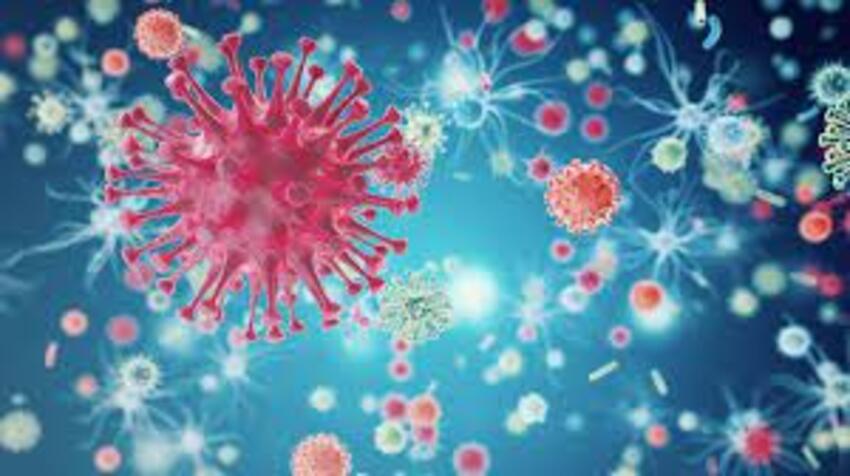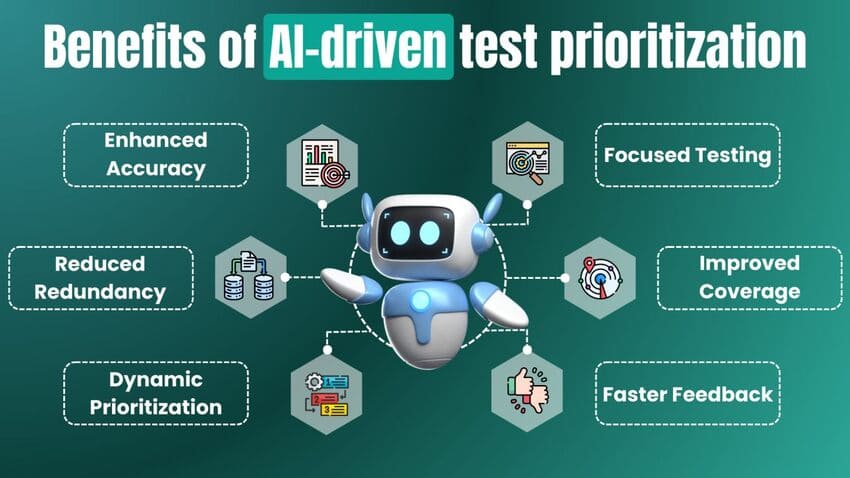
Physiotherapy
One of the allied health professions is physical therapy (PT), commonly known as physiotherapy. Physical therapists give it through promoting, maintaining, or restoring health via physical examination, diagnosis, treatment, prognosis, patient education, physical intervention, rehabilitation, illness prevention, and health promotion. In many countries, physical therapists are referred to as physiotherapists.
Physical therapy treats diseases or injuries that impair a person's ability to move and perform useful tasks in everyday life. PTs evaluate an individual's history and physical examination to make a diagnosis and develop a treatment plan, and they may include the results of laboratory and imaging examinations such as X-rays, CT scans, or MRI findings as appropriate. Electrodiagnostic testing (electromyograms and nerve conduction velocity tests, for example) may also be employed.
Prescription of or assistance with specific exercises, manual therapy and manipulation, mechanical devices such as traction, education, electrophysical modalities such as heat, cold, electricity, sound waves, radiation, assistive devices, prostheses, orthoses, and other interventions are all common components of PT management. Furthermore, physical therapists work with individuals to prevent mobility loss before it occurs by developing fitness and wellness-oriented programmes for healthier and more active lifestyles, as well as providing services to individuals and populations to develop, maintain, and restore maximum movement and functional ability throughout the lifespan. This involves treating patients whose mobility and function are jeopardised due to age, injury, illness, or environmental causes. Functional mobility is essential to being healthy.
Physical therapy is a profession with various subspecialties such as musculoskeletal, orthopaedics, cardiovascular, neurology, endocrinology, sports medicine, geriatrics, paediatrics, women's health, wound care, and electromyography. Neurological rehabilitation, in particular, is a burgeoning specialty. Private-owned physical therapy clinics, outpatient clinics or offices, health and wellness clinics, rehabilitation hospitals, skilled nursing facilities, extended care facilities, private homes, education and research centres, schools, hospices, industrial and these workplaces or other occupational environments, fitness centres, and sports training facilities are all places where PTs work.
Non-patient care occupations for physical therapists include health policy, health insurance, health care administration, and health care executives. Physical therapists work as specialists in the medical-legal sphere, doing peer review and independent medical evaluations.
- Physiotherapy Practice
- Education Technology
- Research Methodology & Bio-Statistics
- Applied Biomechanics and Kinesiology
- Exercise Physiology
- Health & fitness
- Advanced Electrotherapy
- Electrophysiology and Electro Diagnosis
- Advanced Manual Therapy
- Didactic
- Clinical training / Laboratory work
- Clinical posting
- Scientific enquiry
Recent Published
Submit Manuscript
To give your manuscript the best chance of publication, follow these policies and formatting guidelines.


